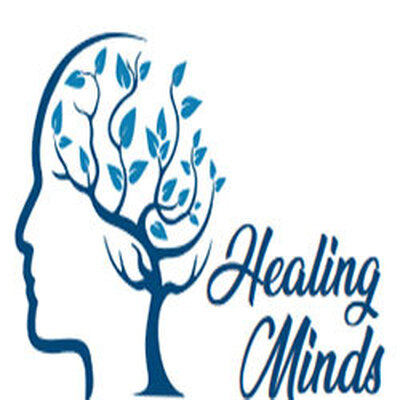How Prolonged Stress Unbeknownst to You—and How to Address It By Dr. Apurva Tiwari, Indore Psychiatrist
Body
I work as a psychiatrist in Indore, and I have seen firsthand how long-term stress not only affects your mind but also subtly alters your body, particularly your appearance. Although many people think that stress might make them appear thinner or more alert because it causes energy spikes that keep them awake, the science—and the mirror—tells a different tale.
(1) Stress: The Silent Sculptor of Premature Aging
Prolonged exposure to stress floods the body with cortisol, a hormone designed for short-term survival but devastating when constantly activated. It chips away at your youth:-
Wrinkles and Fine Lines become more prominent because cortisol degrades collagen and elastin, the scaffolding that keeps your skin smooth. Hormone imbalances and inflammatory reactions can exacerbate skin conditions like acne and dullness. Patients are frequently caught off guard by hair loss and greying. Stress changes follicle cycles, causing strands to lose pigment and shed more quickly. Fatigue and puffiness under the eyes are caused by sleep deprivation and dehydration, which are frequent side effects of ongoing anxiety.
These symptoms are not merely aesthetic; they are your body's physical signals that something needs to change.
Read Also: Depression and its Treatment
(2) Regaining Youth through Stress Management
The good news? By making sensible lifestyle changes, you can slow down or even reverse many of these symptoms.
Yoga, meditation, and deep breathing are examples of mindfulness techniques that calm the nervous system, reduce cortisol, and nourish your skin from the inside out. Getting 7 to 9 hours of good sleep each night is essential for the nightly repair of your skin; it is not a luxury. The power of hydration is unexpected. Water flushes out toxins and plumps your skin. In addition to toning the body, exercise increases blood flow, elevates your mood, and gives your skin a glow after working out.
Diet is important. A diet high in antioxidants, which are present in greens, berries, and omega-3 fatty acids, helps fight oxidative stress, a major factor that accelerates ageing.
Read Also- Obsessive–compulsive disorder
(3) Inner Calm Mirrors External Beauty-
Avoiding every obstacle isn't the goal of stress management. It involves developing resilience, adopting thoughtful lifestyle decisions, and asking for help when required. As a psychiatrist, I advise patients to adopt a comprehensive strategy because mental wellness encompasses more than just feeling better; it also includes looking better.
Your youthfulness is a reflection of your inner peace rather than your age.
Taking that step toward professional support can be a game-changer for both your mental and physical well-being. Contact Us for Various Treatment options











Comments